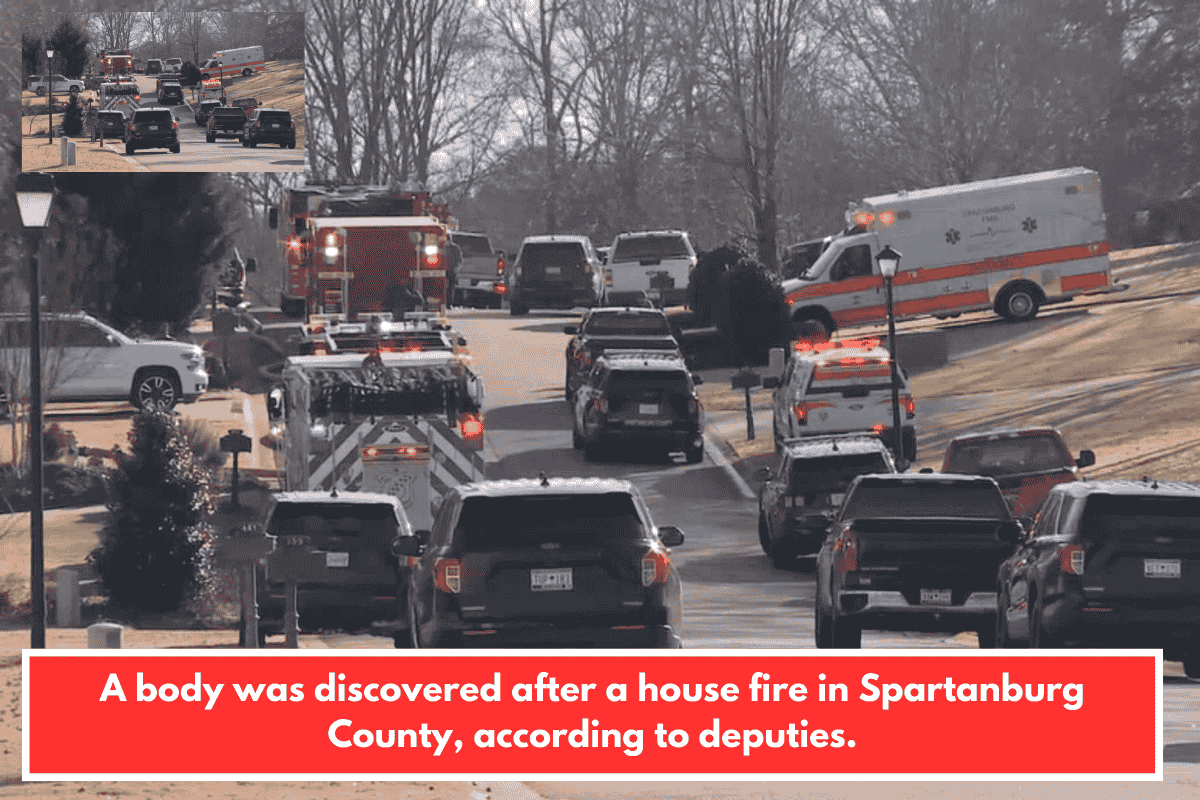Sleeping in your car might seem like a convenient option when you’re traveling or just need a break, but is it legal to sleep in your car in Vermont? While the idea of spending a night in your vehicle might sound harmless, it’s important to understand the state’s laws and regulations before doing so. In this article, we’ll break down what you need to know about the legality of car sleeping in Vermont, including where you can park, potential legal issues, and tips for making your experience safer and more comfortable.
Is It Legal to Sleep in Your Car in Vermont?
In general, it is not illegal to sleep in your car in Vermont. However, whether or not you can do so depends on where you park and how long you stay there. The state does not have specific laws prohibiting car sleeping, but there are local ordinances and rules that can affect your ability to sleep in your car.
For example, sleeping in your car on private property without the owner’s permission can lead to trespassing charges. Similarly, some towns or municipalities may have regulations that prevent overnight parking in certain areas, such as residential streets or public parking lots.
Parking Regulations and Restrictions
While sleeping in your car might be legal in certain situations, it’s important to choose your parking spot wisely. Parking regulations vary depending on the area, and some places may restrict overnight parking. Here are some things to keep in mind:
Public Parking Lots: Many public parking lots, such as those near stores or government buildings, may have restrictions on overnight parking. Be sure to check the posted signs to see if overnight parking is allowed.
Rest Areas: Vermont’s rest areas are usually open to drivers who need to take a break, and in some cases, they may allow overnight parking. However, these areas often have strict rules, such as no camping or using the area for more than a short rest. It’s always a good idea to check with local authorities to ensure it’s okay to sleep there overnight.
Private Property: Sleeping in your car on private property, such as a friend’s driveway or a business parking lot, requires permission from the property owner. Without permission, you could face trespassing charges.
Camping Areas: If you’re looking for a more formal place to sleep, consider camping in designated campgrounds. Some campgrounds in Vermont may allow overnight parking in vehicles, making them a safer and legal option for sleeping in your car.
Potential Legal Issues When Sleeping in Your Car
Although it may not be illegal to sleep in your car in Vermont, there are potential legal issues to consider. These include:
Loitering or Vagrancy: If you are found repeatedly sleeping in your car in public areas, local authorities may consider you to be loitering or engaging in vagrancy. Loitering laws vary by city, so it’s essential to be aware of the local rules.
Safety Concerns: Sleeping in your car in an unsafe or prohibited area could lead to concerns about your safety. Authorities might ask you to leave if they think the area is unsafe, especially if you’re parked in an area with a high risk of crime or accidents.
Local Ordinances: Some cities or towns in Vermont may have specific ordinances that prohibit sleeping in cars overnight, even in public parking lots. Be sure to research local regulations before deciding to park overnight in a particular area.
Tips for Sleeping in Your Car Safely and Comfortably
If you do decide to sleep in your car in Vermont, there are a few tips that can help you stay safe and comfortable:
Choose Safe Locations: Always park in well-lit areas with low traffic, and preferably in places like rest areas, campgrounds, or established parking lots that allow overnight parking.
Lock Your Doors: Keep your car doors locked at all times for security, and avoid leaving valuables in plain sight.
Bring Bedding and Comfort: If you plan on sleeping in your car for a while, bring blankets, pillows, and other comfort items to make the experience more enjoyable. Remember to dress appropriately for the weather, as Vermont’s temperatures can vary widely, especially in the colder months.
Stay Warm: Vermont can get very cold, particularly during the fall and winter. Keep extra blankets, a sleeping bag, or a portable heater (if safe to use) in your car to ensure you stay warm while sleeping.
Limit Your Stay: Try to limit how long you stay in one spot. Authorities are more likely to question you if you remain in one area for an extended period. Moving around every few days can help you avoid trouble.
Sleeping in your car in Vermont is generally not illegal, but it’s essential to be aware of local laws and regulations to avoid potential issues. Always make sure you park in legal, safe spots such as campgrounds, rest areas, or private property with permission. Keep in mind that while car sleeping is a convenient option, it’s important to be respectful of the places you park and avoid overstaying your welcome.
If you’re ever unsure, it’s a good idea to check with local authorities or inquire about specific overnight parking regulations in the area you’re planning to stay. Being aware of the laws and taking precautions can make your car sleeping experience in Vermont both legal and comfortable.
SOURCES
[1] https://mywaynecountynow.com/the-legality-of-car-sleeping-in-vermont-what-you-need-to-know/
[2] https://www.boondockersbible.com/learn/vermont-rest-area-rules/
[3] https://legislature.vermont.gov/statutes/section/19/011/01106
[4] https://www.reddit.com/r/vermont/comments/1fsjxkp/places_to_sleep_in_car/
[5] https://rvshare.com/blog/a-guide-to-full-time-rv-living-in-vermont/














